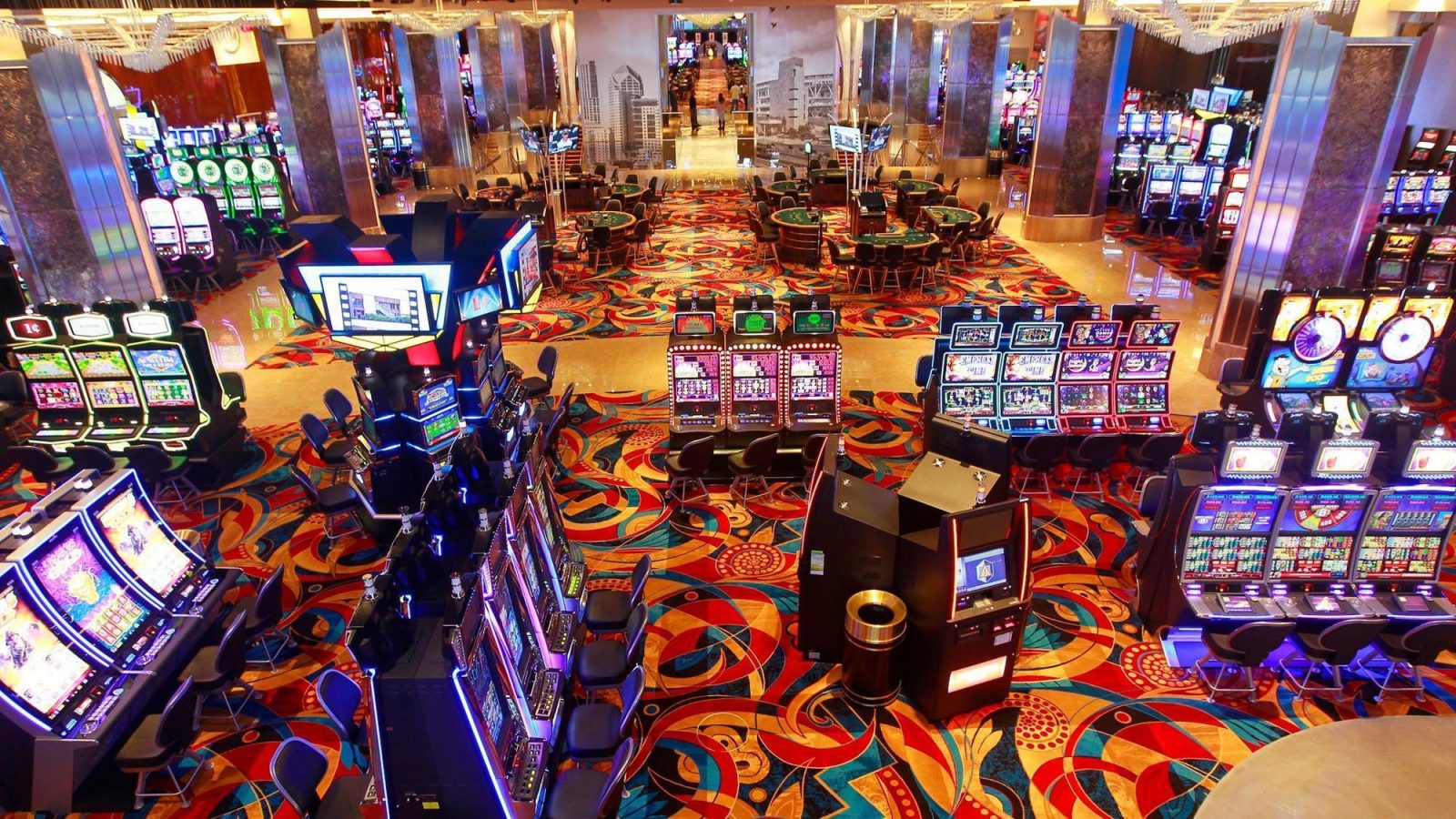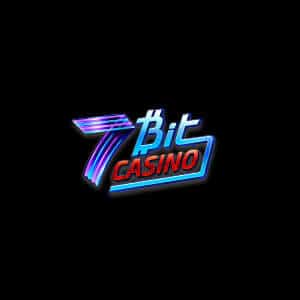
Maybe not.
Betting in Illinois is undergoing some of the same marketplace, market and technological stress that killed off Blockbuster and is presently adding to the ills of retailers such as Sears.
As City Hall and Springfield flirt yet again with gambling expansion, the likelihood of that bet translating to some payoff for taxpayers appear to get longer and longer.
Think about these grim numbers gleaned from public records:
● The 1.36 billion in total gambling revenue that hauled in to Illinois coffers last season was no higher than in 2006, despite the addition in the years of a bustling new casino in Des Plaines and thousands of video gaming terminals in bars, restaurants and stand-alone parlors.
● Back in 2018, at the midst of a broad economic boom, Illinois’ 10 casinos saw fewer clients; gross receipts fell for all casinos but two, and overall tax earnings were down drastically from a decade earlier.
● The same lackluster trends hold true across the area. Nearly four dozen commercial casinos are within a six-hour drive of Chicago and nearly two of every three are seeing revenue and customer traffic tail away.
Chicago’s current mayoral scrum is top heavy with applicants advocating for a city casino as part of their remedy to chronic fiscal ills. Many Downstate communities can also be pushing for their own casinos.
Yet experts say there’s growing signs Illinois and surrounding countries have hit peak saturation for legal gaming and future expansions will merely cannibalize present operations. Even more menacing, the pool of ready clients may be aging out.
“One thing for sure is that there was continued growth in casino competition over the last decade or two, and this increased competition has made it even significantly less likely that every casino can take its long-term success for granted,” explained Tom Garrett, an economist at the University of Mississippi who follows trends in legalized gaming.
Gambling in Illinois and the Midwest is undergoing a number of the same market, demographic and technological strain that long ago murdered off Blockbuster Video and is presently leading to the ills of film theaters and big-box retailers such as Sears.
Emanuel wants fast action on Chicago casino–possibly on Southeast Side Millennials, practically weaned on line, are embracing esports, fantasy sports and skill-gaming whilst shunning slot machines and table gaming that extended lured their parents . That in some ways mirrors significant changes in gambling tastes over the decades that have altered the sector in Illinois.
In the mid-1970s, horse racing dominated a small legalized gambling market in the nation. From the 80s, the lottery took over, and several years later the riverboats generated over lottery tickets, though the lottery has since recaptured its direct. Horse racing is now a bit player, and while video gambling terminal earnings from 30,000 machines has soared since the first was set up in Illinois from 2012, the total take from many sorts of legalized gaming stagnates.
Flatlining gambling revenues total, and also plummeting numbers for casinos particularly, hold the potential to throw a monkey wrench to renewed political conversation about growth as a money-raising tool for authorities.
“Many casinos have an esports couch, skill-gaming or any form that will attract millennials. We’re still at the early phase of the.”
New Jersey, where a few Atlantic City casinos have closed, has moved to permit betting on online video game contests in hopes of drawing a younger and newer gambler. Other casinos have added video gambling space, hoping the mixture of social amusement and gambling will lure younger patrons inside.
“The focus is on socialization,” said Brett Abarbanel, the director of research for the International Gaming Institute at UNLV. “This is not about using a replacement for slot machines. But if your whole patronage ages out, you’re stuck.”
In the Midwest, the multi-year statistical portrait reveals what appeal remains of casinos has been jeopardized by too many choices. Illinois, Indiana, Iowa and Missouri are home to 51 commercial casinos, even while there are another 95 tribal gaming operations in Minnesota, Wisconsin and Michigan.
State data show tax revenue from riverboats appeared in 2005 at $699 million if there was one casino running in Illinois compared to now. In 2018, the 10 casinos running from Illinois generated just $272 million for the state, a decline of 61% over 13 years.
Helping to compensate for that loss at casinos–although paradoxically a partial reason behind it as well–has been a 15-fold increase in tax revenues from video gaming because it established in earnest in the 2013 year. In 2018, video gaming tax revenues made $347 million for the state, more than came in from casinos, according to a recent report in the Commission on Government Forecasting & Accountability, ” the financial calling arm of the Illinois Legislature.
Over the same five-year time frame, admissions at state casinos plunged 28 percent, the bureau stated.
Any siphoning of casino patronage by movie gaming parlors presents Illinois with a double earnings whammy, a current ProPublica Illinois evaluation of the state’s video gaming sector pointed out. The main reason is that Illinois taxes revenue from video gaming parlors at a lower rate than a lot of the earnings generated from casinos.
Sputtering casino revenues are not just an Illinois issue, but based on the American Gaming Association, an industry trade group that documented 2017 earnings growth in neighboring countries lagged behind the national average.
“History proves that in the very long run growth in state revenues from gaming actions declines or even reverses and declines, and therefore it’s important to take into consideration market competition within the country and among neighboring states,” that the Nelson A. Rockefeller Institute on Government said at a 2016 report examining sluggish gambling revenue.
“Betting expansion is understandably appealing to officials wanting to raise revenue without raising taxes, however, the long term earnings is uncertain and possible economic and social costs require careful consideration,” the report stated.
There are still places in the U.S. at which the growth in casino visitors and revenue stays solid, the gaming association report found. However, those locales are usually ones with recently opened facilities or where there really is little to no local competition. A prime example would be a newly opened casino in Maryland casino near Washington, D.C.
Casinos don’t function in isolation and the addition of new types have a tendency to harm business at older facilities. Rivers Casino at Des Plaines is currently Illinois’ busiest and most profitable casino, according to admissions and gross premiums.
For the Indiana casinos, earnings were 24 percent.
“This trend, where newcomers are stealing share from incumbents, is consistent with what’s been happening throughout the U.S. gaming markets,” Moody’s Investors Service said in a 2018 evaluation of the New York state marketplace, where new casinos had also hurt the business of older ones.
In regards to gaming, the appeal of a brand new casino may wear off immediately. The number of gamblers moving through the doorways at Rivers has dropped 21 percent considering 2013, state statistics show.
The desire to add gaming stays nonetheless attractive to politicians scrambling to prevent tax hikes, also Chicago faces crushing financial problems. The city has thus far declined to allow video gaming parlors while past efforts at getting state permission to get a casino have all floundered.
One prominent contender, former school board chairman Gery Chico, projected that a casino can generate around $300 million annually in tax revenues for the city and ease a growing fiscal burden posed by a spike in employee pension expenses.
But political scientist Chris Mooney, an expert in state politics in the University of Illinois at Chicago, said similar proposals have struck resistance in the past in Springfield and would likely do this again.
“That’s going to be a very tough sale,” said Mooney. Citing the realpolitik of gaming laws, Mooney stated lawmakers from other communities will need their cities also receive a piece of the action even because the casino gambling pie is decreasing.
Mooney didn’t flatly rule out success for Chicago, which holds the highest potential of any location in the state to lure gamers from elsewhere. The town is definitely the state’s greatest tourist and convention draw as well as its inhabitants and business center. Combine this with the urgency of financial crises in the city and nation, a new Democratic governor in J.B. Pritzker who wants to make his own mark and a Democratic legislature eager to work with himand Mooney sees an opening for actions.
“But,” he added, “I wouldn’t bet on it”






